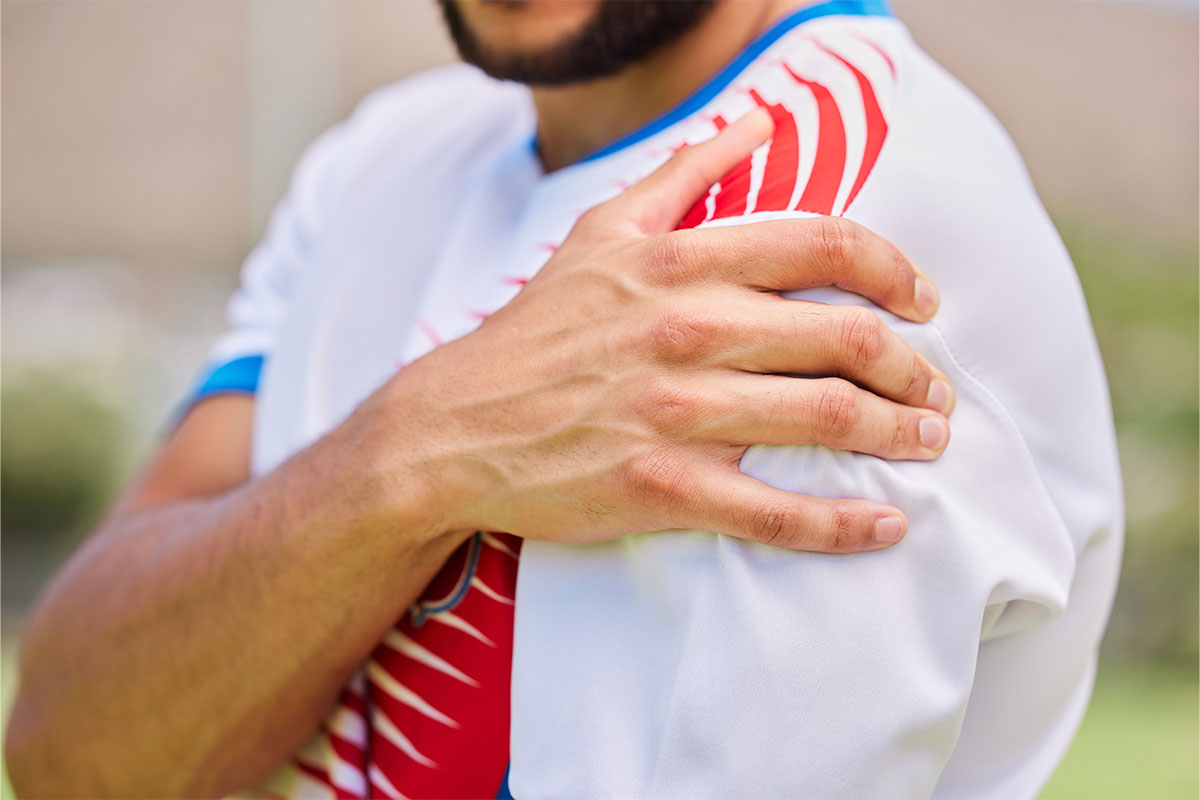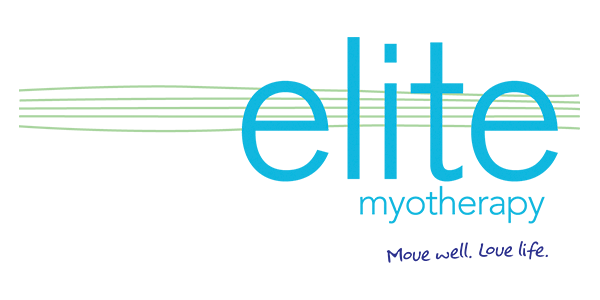
Shoulder Injury Specialists
Shoulder Pain Specialists provide treatment for frozen shoulder, rotator cuff pain and a number of other shoulder conditions
The shoulder is a complex joint and it involves more muscles than any other joint in the body.
The shoulder joint is quite susceptible to injury because it is able to move through such a wide range of motion.
There are many different causes of shoulder pain, so it is important to have an assessment by a shoulder specialist to determine the problem and provide the most effective shoulder treatment.


Causes Of Shoulder Pain
Some of the most common ailments which are shoulder specialists uncover are:
- Muscle strains- most commonly involves the “rotator cuff” and is usually due to overexertion
- Tendonitis- usually due to overuse and most commonly involves the “rotator cuff” or the biceps muscle
- Shoulder joint dislocation and instability –Dislocation occurs when the ball-shaped head of your arm bone (humerus) comes out of the shoulder socket. This will usually only occur is there is heavy trauma to the shoulder joint. Following a dislocation, the shoulder joint
- often becomes unstable and prone to re-dislocation.
- ‘Frozen’ shoulder- also known as adhesive capsulitis, involves progressive pain and stiffness in shoulder with marked decrease in range of movement.
- Pinched nerves- Nerve impingement in the neck may cause shoulder pain.
What Is The Rotator Cuff?
The rotator cuff is a group of four muscles that holds the shoulder joint in place and help move the shoulder.
The four muscles that make up the rotator cuff include:
- The supraspinatus
- The infraspinatus
- The subscapularis
- The teres minor
Rotator cuff injuries result from inflammation or damage to the rotator cuff muscles or tendons. The most characteristic symptom of a rotator cuff injury is pain at the front or on the outside of the shoulder, which is made worse when the arm is lifted above the head.
Rotator cuff inflammation may result from general wear and tear that occurs with age, activities that involve a repetitive shoulder action, trauma, muscle imbalance or poor posture.
If inflammation is left untreated it may lead to a tear in that muscle, usually in the tendon. The most common place to develop a tear in the shoulder is in the supraspinatus tendon.


How Myotherapy Can Help
By treating the rotator cuff as well as the other surrounding shoulder musculature, Myotherapy aims to decrease shoulder pain, improve functional range, improve scapular control, strengthen scapular stabilizers and rotator cuff muscles, improve posture and regain normal shoulder biomechanics.
- Soft tissue techniques – to release rotator cuff and shoulder musculature
- Dry needling – to release trigger points within the inflamed muscle
- Electrotherapy – such as TENS
- Strengthening exercises – prescription of shoulder strengthening exercises to gain greater stability in the shoulder and take strain away from inflamed muscle
- Stretching exercises – prescription of shoulder stretches to allow the joint to move more freely though its full range.







